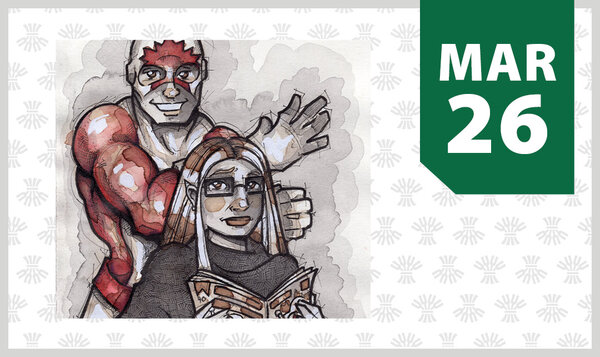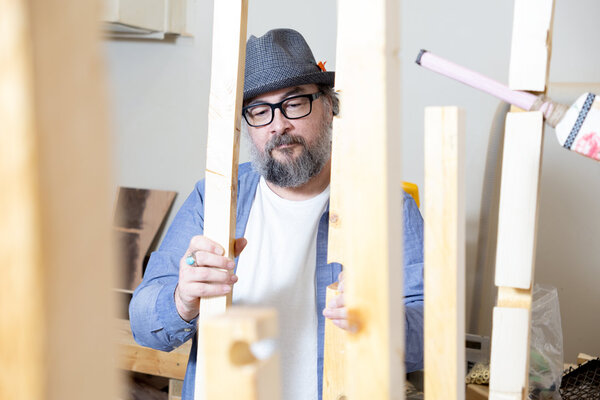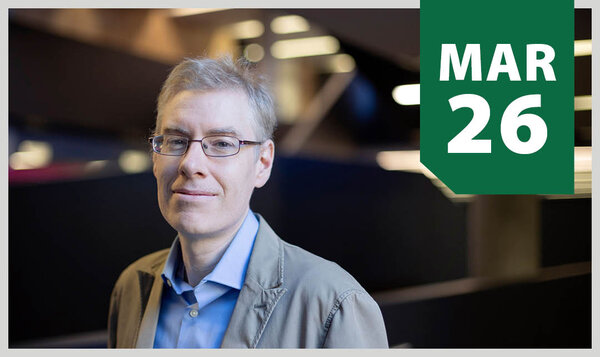
New USask graduate aims to work with Indigenous communities to protect at-risk archaeological sites
Christie Fender will receive her Bachelor of Science degree in archaeology during USask’s Spring 2021 Convocation
By Shannon Boklaschuk
When University of Saskatchewan (USask) student Christie Fender took her first archaeology class in the College of Arts and Science, she quickly connected with the course material.
“My sister told me archaeology was interesting, so I took that. Archaeology 112 was my very first class and I was shocked how much it resonated with me,” she said. “It was everything I love. I loved how multidimensional it is, how no matter what your interest is, you can find something that fits with you. I love studying the environment and sustainability, and there’s so much you can do with that.”
Fender, who was born and raised in Assiniboia, Sask., began her studies at USask in 2016 after receiving a Best and Brightest Entrance Scholarship—USask’s highest valued, renewable entrance scholarships that are awarded based on academics, leadership and contributions to school and community life. Now, a few years later, Fender is set to receive her Bachelor of Science degree in archaeology during USask’s Spring 2021 Convocation—an accomplishment that “feels fantastic.”
“I never anticipated graduating during a pandemic in my first year, but even with all the hurdles it’s been amazing,” she said.
As a student, Fender has been deeply concerned about the impacts of climate change. Her understanding of climate and environmental issues was further enhanced after taking a geography class during her second year of studies. Fender said she felt “appalled” when she learned about the full impact human beings are having on the North and other parts of the globe, and she also began to wonder about the effects of climate change on archaeological sites.
“I found so many dead ends, with very little published research. I know that sites are impacted everywhere due to climate change because of the threat on preservation, on soil acidity, on deposition, everything,” she said. “It’s not a case of ‘we're losing information;’ Indigenous communities are so impacted by the loss of very culturally significant places. The presence of archaeological sites is also tied to land rights in many cases around Canada. We, as researchers, have the opportunity to build strong rapport with Métis, First Nations and Inuit people, bring climate change awareness, and protect culturally significant and historic sites.”
With her undergraduate archaeology degree now complete, Fender plans to finish an undergraduate degree in environmental biology and begin a master’s degree in archaeology at USask this fall. Her goal is to work directly with Indigenous communities to identify ancestral sites that are most at risk due to climate change and to help preserve this heritage before it is lost.
“I hope to have a community-based research focus, which means that the interests of Indigenous communities come first to protect threatened sites,” Fender said.
“I hope that I can save or protect at least a few sites before I die. I hope that I can teach and inspire others to do the same. There is no way for my peers or future generations to dig at a site or conduct research in an area they are interested in if there are no sites to research left. That may sound dramatic, but I’m really hoping that’s not the case,” she added.
“As a woman in this field, I hope to break barriers and lead as an example to other women with similar goals and interests. And as someone who had Métis status but never really had the chance to learn about their rich culture and heritage through their family, I hope I can help others to do so by working with communities to protect these sites. I want to build hope—not just hope by the chance of something happening, but by actually doing what needs to be done. All knowledge and involvement from all ages is necessary. That’s why communities are needed.”
Outside of her academic coursework, Fender was involved with several USask groups throughout her studies. She became involved with the Archaeology and Anthropology Students’ Association (AASA) in her first year at USask and later became president during her fourth year. She also planned two student conferences during her time as an AASA executive member, joined the Biology Club and served as an academic advisor for the Environmental Studies Student Association.
Fender said she enjoyed the close-knit feel of the Department of Archaeology and Anthropology—calling it “a big family”—and noted the department’s size enabled her to easily make new friends.
“The professors are not only inspiring and passionate about what they do, but they’re approachable and incredibly friendly,” she added.
Fender also appreciated the size of USask, the location of the university and “how blissful it feels just to be on campus.” This summer, Fender will work at a job with the Saskatchewan Archaeological Society before resuming her studies at USask. She has some advice for new university students.
“Be open. Don’t say no to chances,” she said. “If there’s an opportunity that you’re unsure about, you’ll either learn from it or have the absolute best time. This goes for social situations. You will likely fail at some point. This is the chance to learn about yourself and where you fit in.”


